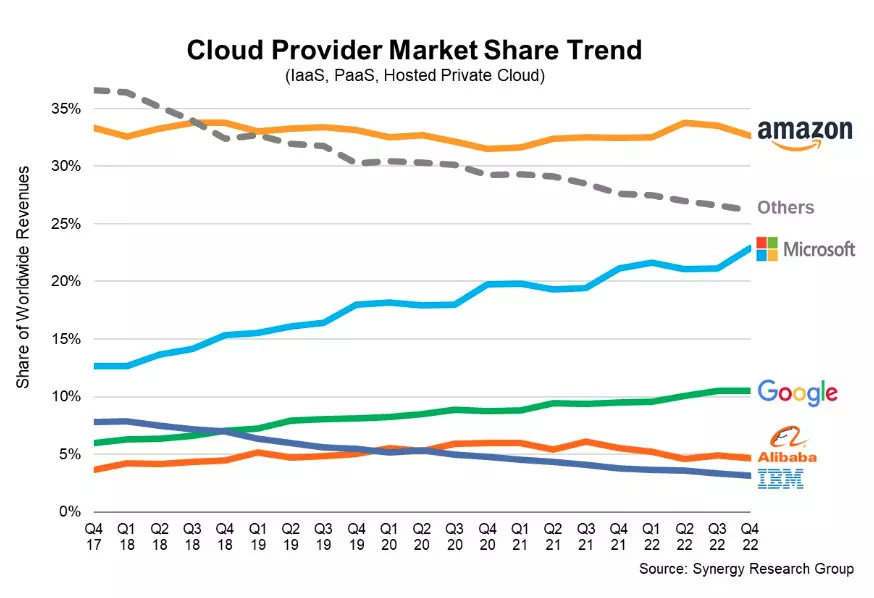Achieve Seamless Scalability With Cloud Solutions
In the ever-evolving landscape of cloud services, achieving seamless scalability stands as a foundation for modern services looking for to stay competitive and adaptable. The capability to easily expand or acquire sources in action to transforming needs is a critical advantage in today's busy electronic atmosphere. By mastering the art of scalable cloud services, organizations can not only optimize efficiency and enhance procedures yet additionally lead the way for future development and advancement. The pursuit for seamless scalability with cloud solutions introduces a world of opportunities for those happy to accept the transformative power of dynamic source monitoring.
Advantages of Cloud Scalability
Cloud scalability provides companies the adaptability to dynamically adjust sources based on demand, guaranteeing optimal efficiency and cost effectiveness. In addition, cloud scalability advertises technology and trial and error by allowing organizations to quickly examine brand-new concepts and range them as needed. Ultimately, the advantages of cloud scalability expand beyond expense savings to encompass enhanced performance, dexterity, and development.
Key Functions for Scaling
Reliable scaling in cloud services counts on key features that enable organizations to readjust resources dynamically based on need. One more essential function is scalability, enabling systems to manage increased workload by including resources flawlessly. In general, these key attributes jointly empower companies to achieve smooth scalability in cloud solutions.
Applying Auto-Scaling Methods
To properly enhance source appropriation and adapt to varying workloads, organizations should purposefully execute auto-scaling methods in their cloud solutions infrastructure. Auto-scaling allows systems to automatically change the variety of calculate sources based upon real-time demand. There are different auto-scaling approaches that companies can use, such as anticipating scaling, which makes use of historic information to forecast future source requirements, and reactive scaling, which replies to existing workload modifications.

Finest Practices for Scalability
For organizations aiming to enhance their scalability in cloud services, executing ideal techniques is critical for optimal efficiency and resource administration. One secret finest practice is creating applications with a microservices design. This strategy breaks down applications right into smaller, independent solutions that can be released, updated, and scaled independently, permitting greater flexibility and scalability.
One more important practice is using containerization technology, such as Docker or Kubernetes. Containers allow the product packaging of applications and their reliances right into isolated units, making it much easier to scale elements separately and deploy them constantly throughout different atmospheres.
In addition, executing automated release and framework as code (IaC) can streamline scalability initiatives (linkdaddy cloud services). Automation devices like Terraform or Ansible aid in provisioning and managing resources effectively, reducing hands-on mistakes and allowing rapid scalability
In addition, monitoring efficiency metrics, setting up alerts, and performing regular ability planning are important practices to make sure aggressive scalability monitoring. By adhering to these ideal practices, organizations can achieve seamless scalability in their cloud services while maximizing performance and source usage.
Surveillance Performance Metrics
When analyzing the performance of cloud services scalability, closely checking performance metrics is necessary for ensuring ideal performance pop over to this site and source allowance. By constantly tracking vital efficiency indicators (KPIs) such as reaction times, latency, resource, and throughput usage, organizations can gain valuable understandings right into the health and efficiency of their cloud infrastructure. Checking performance metrics enables the early detection of potential bottlenecks or problems that can affect scalability, enabling proactive steps to be taken to resolve them prior to they escalate.

Final Thought
To conclude, achieving smooth scalability with cloud solutions is crucial for companies to enhance performance, enhance development, and preserve high efficiency levels during peak times. By leveraging the benefits of cloud scalability, implementing auto-scaling methods, using crucial features such as elasticity and automation, and following best practices like application style and efficiency monitoring, businesses can effectively scale their systems while optimizing source application and efficiency.
The quest for smooth scalability with cloud solutions introduces a globe of opportunities for those eager to accept the transformative power of dynamic resource administration.
Cloud scalability offers companies the adaptability to dynamically readjust resources based on demand, guaranteeing ideal efficiency and expense efficiency. Another key attribute is scalability, making it possible for systems to take care of increased work by adding sources seamlessly.For organizations intending to enhance their scalability visit this page in cloud solutions, applying that site finest practices is crucial for ideal performance and source administration.When assessing the effectiveness of cloud services scalability, carefully checking efficiency metrics is important for making certain optimum capability and resource allowance.